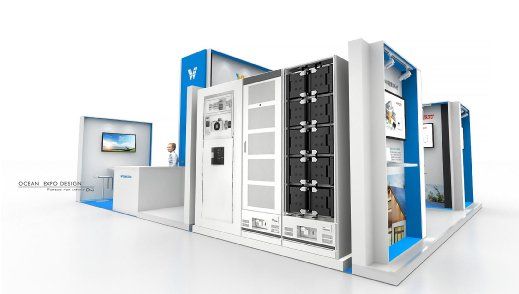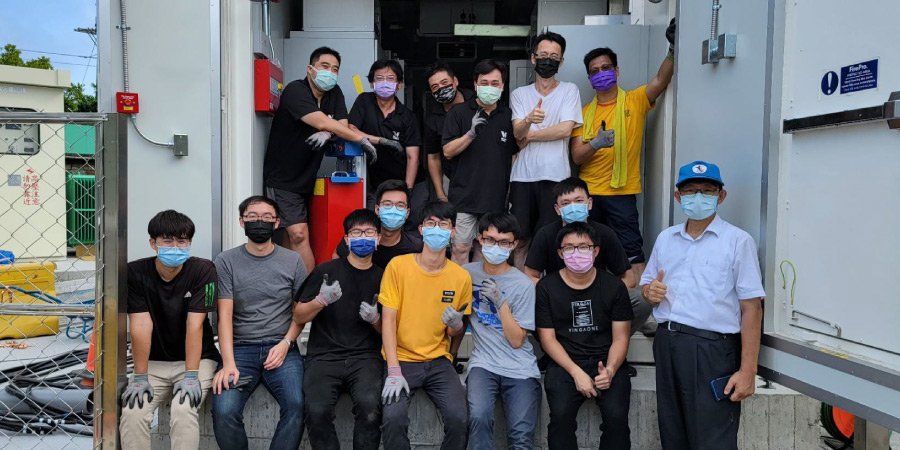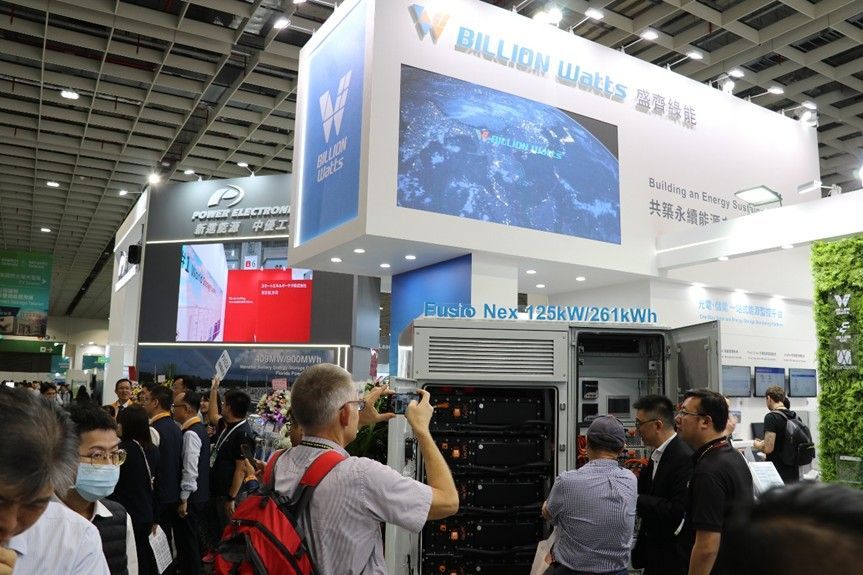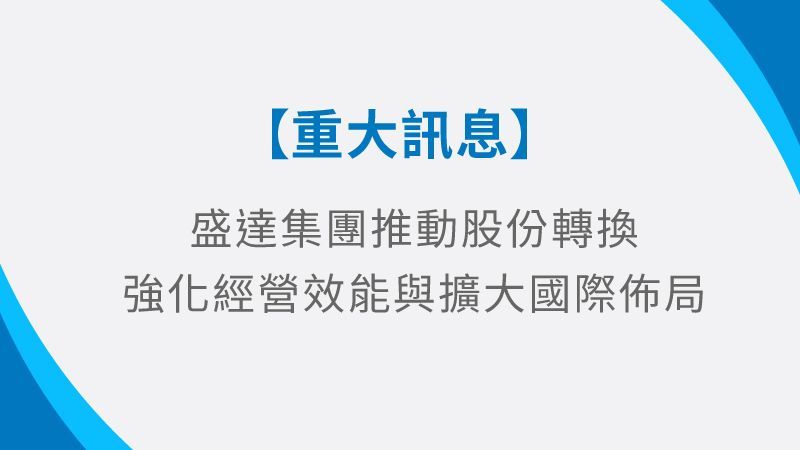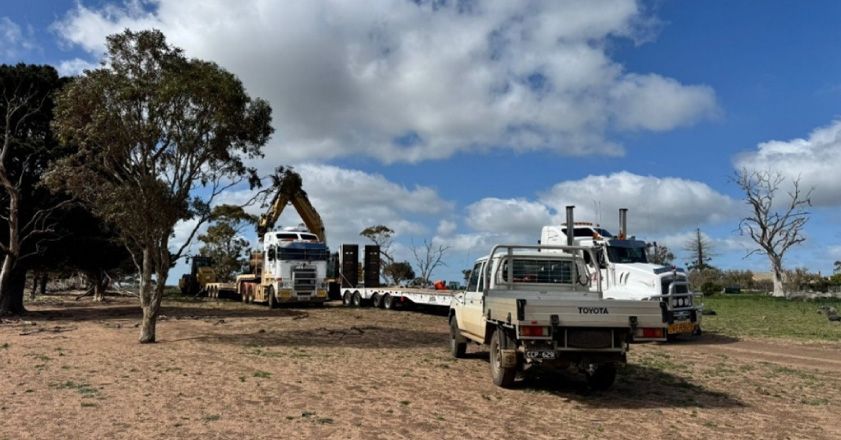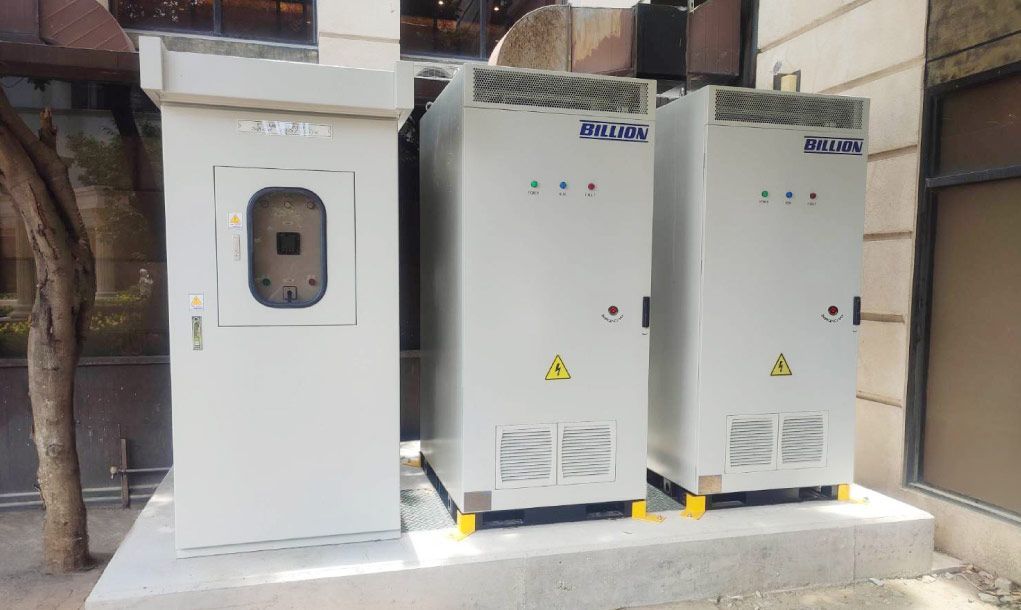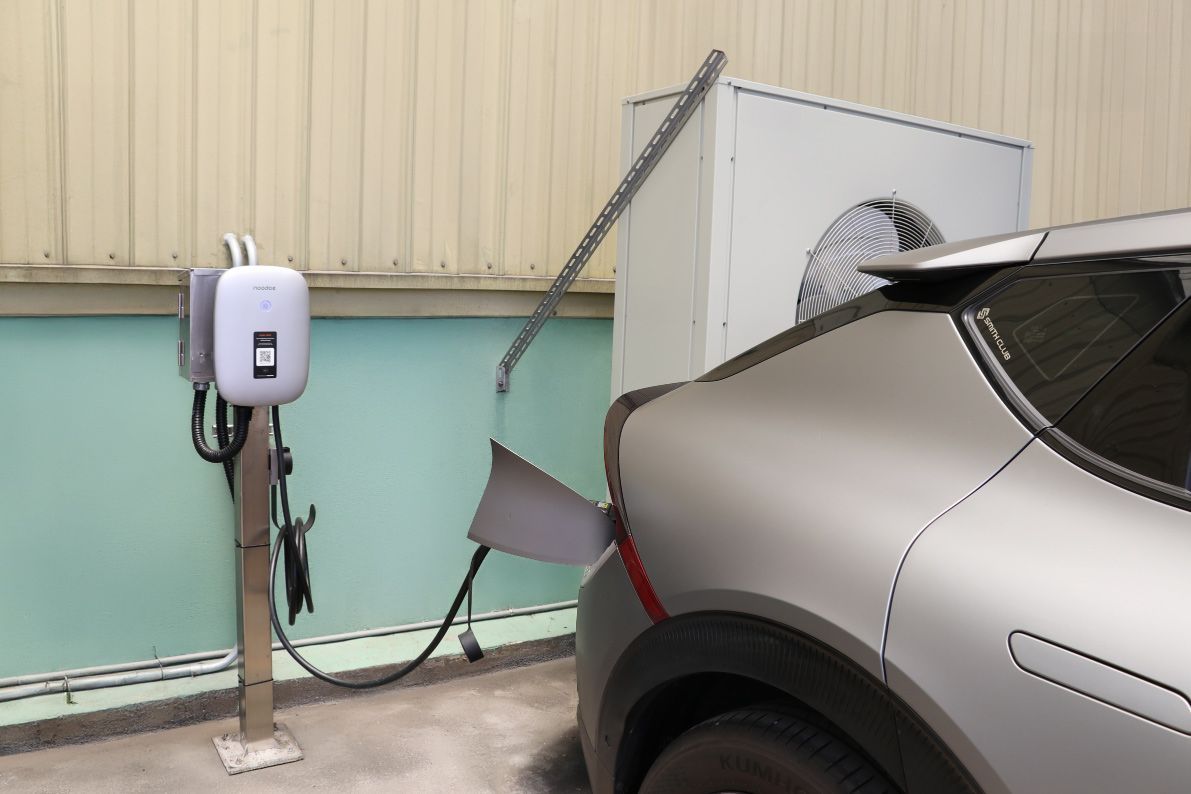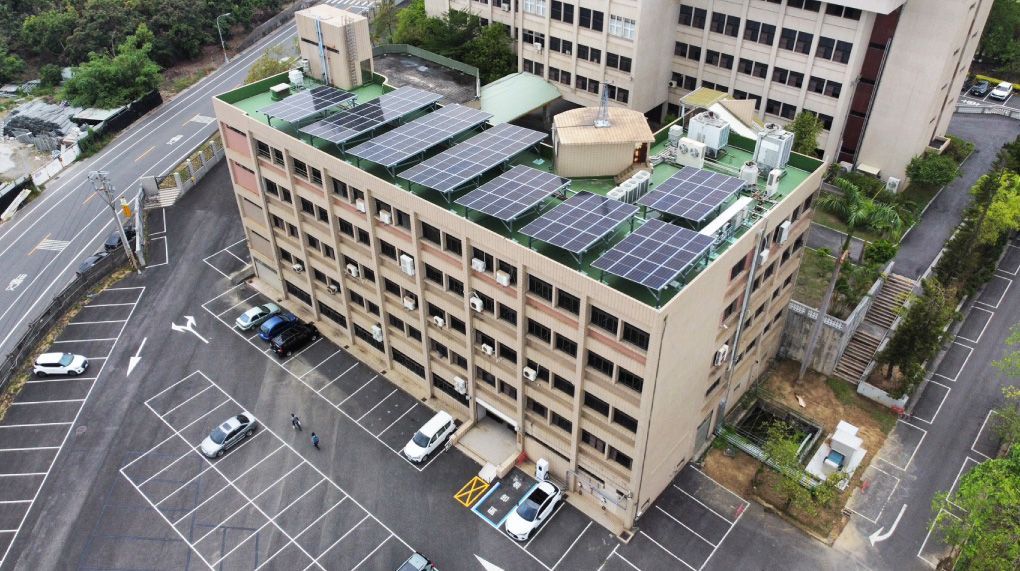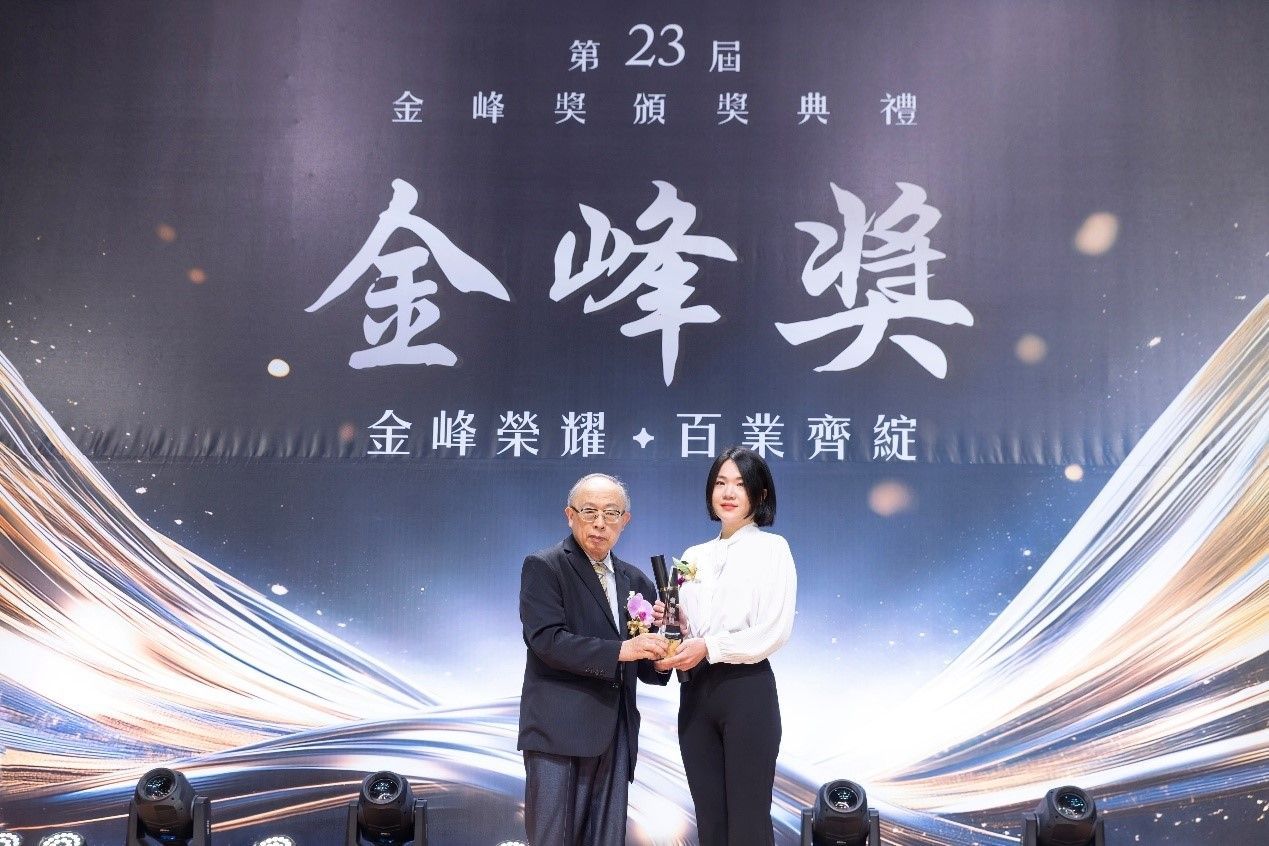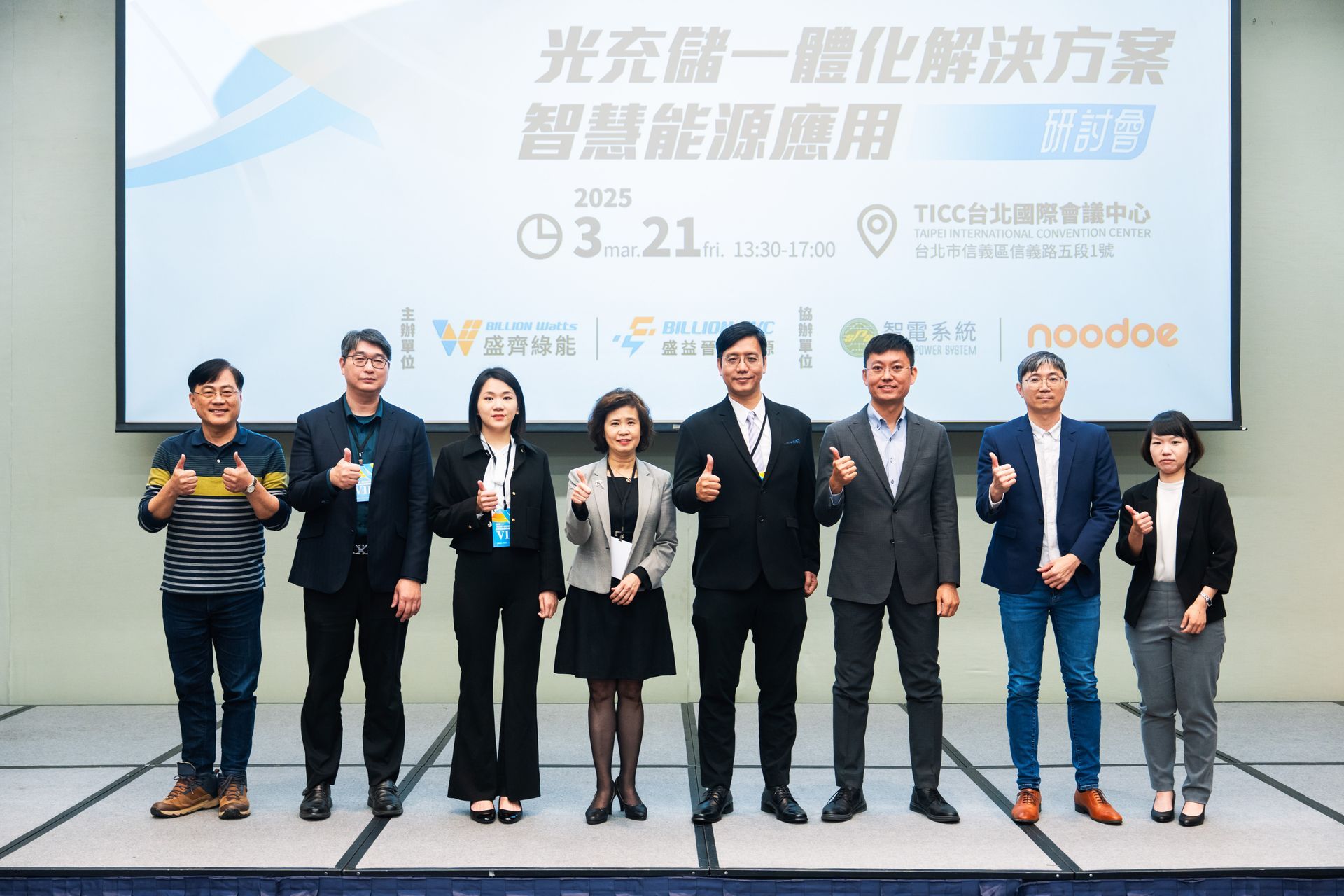Billion Watts, with its rich experience in photovoltaic and grid monitoring, is actively tapping into the energy storage system market opportunities.
2022 Sep 12
Under the global trend of achieving net-zero carbon emissions, the demand for renewable energy will continue to rise, both in Taiwan and globally. As a critical emergency power source for the power grid, the "battery energy storage system" is attracting increasing attention. In response, Energy as a Service (EaaS) provider, Billion Watts, is seizing the opportunity in the energy storage market. The company offers comprehensive turnkey services to support power grid stability.
Currently, Taiwan plans to reach 20GW of solar power capacity by 2025, with a further goal of achieving 40-60GW of renewable energy capacity by 2050. This will result in a significant amount of intermittent green energy being integrated into the grid. Energy storage system manufacturers will serve as intermediaries between power plants and end-users, enabling the dispatch of electricity and stabilizing the grid by smoothing out peak demand and filling valleys.
Elaine Chen, Associate Director of Billion Watts, highlighted that Taiwan's energy storage market can be divided into three major sectors. The first is the Taiwan Power Company's Energy Storage Automatic Frequency Control (AFC) auxiliary service, with a target to reach 1GW by 2025. This sector has seen strong industry interest, with applications already reaching 4GW. The second market focuses on the combination of solar power and battery storage systems, which effectively utilize the peak solar power during midday and shift it for use at night. The installation target for this segment is 500MW. The third sector is the energy storage market for large electricity consumers behind the meter. In the past, factories relied on an uninterruptible power supply (UPS) system combined with diesel generators to prevent voltage fluctuations. However, to promote energy conservation and reduce carbon emissions, these factories are gradually replacing UPS systems with battery energy storage systems.
Providing One-Stop Solar and Energy Storage Solutions
Billion Watts, established in 2017, has extensive experience in the solar industry, with a cumulative installation of 250 MW of solar inverters to date. The company has served over 1,000 project sites, offering services ranging from front-end layout design, equipment provision, grid connection assistance, to operational support. Billion Watts primarily focuses on the architecture of power generation systems and monitoring systems, and also provides services for publicly listed companies and semiconductor technology manufacturers in rooftop solar installation projects.
In the energy storage system sector, this year, the company has expanded its efforts to seize energy storage business opportunities, offering MW-level smart energy storage system containers and integrated monitoring system services. By the first quarter of next year, the company plans to establish a total of 50 MW of energy storage systems, with the largest single project reaching 20 MW. This includes the 1.25 MW energy storage project for large electricity consumers in Guanyin, Taoyuan, established this year, as well as collaborations with China Leasing in Tainan for a 6 MW project, and with Weichang Electric in Miaoli for a 5 MW energy storage site. Billion Watts also provides comprehensive services, including AFC power trading platform bidding, operation, and maintenance, offering investors better partnership options.
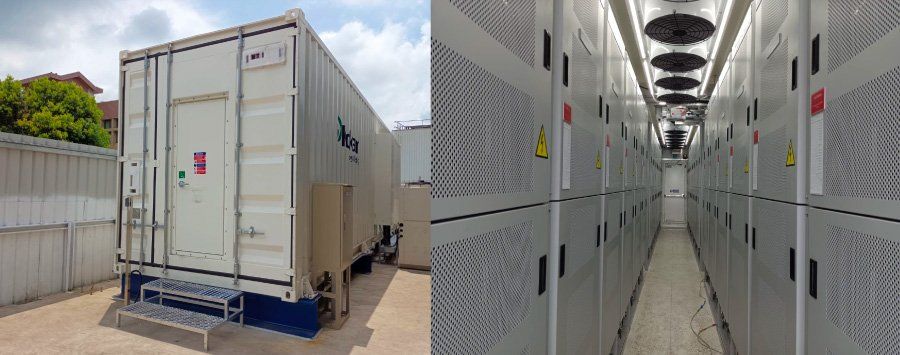
Billion Watts has recently completed the AFC (Automatic Frequency Control) testing for the first 5MW energy storage project at Wei Chang Electric's facility in Tongluo, Miaoli, passing the Taiwan Power Company's (Taipower) test.
The two AFC projects invested by Billion Electric's parent company have seen significant progress. The first project, located in Yilan, has completed its expansion plan, increasing its installed capacity from 1.1MW to 2.3MW. It passed testing at the end of August and has now begun commercial operations. The second project, also located in Yilan, has been entrusted to Billion Watts for construction, with a capacity of 2.3MW. Additionally, Billion Watts has officially joined Taiwan Power Company's power trading platform under an agency model, becoming the first company in Taiwan to aggregate and integrate grid-connected energy storage resources for bidding.
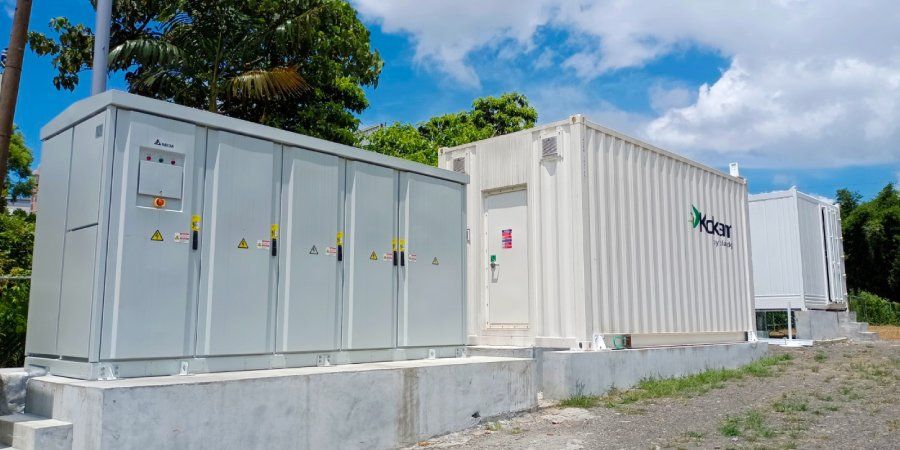
Billion Electric holds the second 2.3MW energy storage project in Yilan, which has successfully passed the Taiwan Power Company (Taipower) testing. Billion Watts has been entrusted as the aggregator to participate in the bidding process.
Developing Grid-Scale System Monitoring to Become an Expert in Green Energy Data
As Taiwan accelerates its efforts in solar, wind, and other renewable energy sources, it also faces the challenge of integrating large amounts of intermittent power into the grid. This influx may lead to grid instability, making effective management essential to optimize energy use and power generation efficiency.
Elaine Chen stated that, according to Taiwan Power Company's regulations, for power stations with capacities greater than 1MW and connected to the high-voltage system, operators are required to install the DREAMS distribution-level renewable energy management system. The power plants must instantly transmit generation data and collect solar power generation data to establish predictive models, enabling Taiwan Power Company to perform real-time grid scheduling. To meet these requirements, Billion Watts offers a SCADA monitoring system for ultra-high-voltage large-scale projects. This system is designed for large solar projects (above 20MW transmission-level capacity) that must be connected to ultra-high-voltage systems (e.g., 69KV, 161KV, etc.). It can monitor digital meters, IEDs, transformer temperatures, switch statuses, and more in ultra-high-voltage booster stations, while synchronizing with time synchronization devices to accurately record event information and statuses, ensuring compliance with Taiwan Power Company's data upload and scheduling requirements. Additionally, Billion Watts' self-developed Pixel View smart cloud monitoring system has been certified by Taiwan Power Company’s DREAMS system for distribution-level renewable energy management. To date, the monitoring system has shipped a total capacity of 400MW.

Looking Ahead at the Challenges of Energy Storage
The smart monitoring system primarily addresses the integration of large-scale renewable energy into the grid. Therefore, Taiwan Power Company (Taipower) needs to upgrade its existing substation facilities to prevent grid fluctuations. Another key component in stabilizing the grid is the "energy storage system." However, entering the energy storage field is not easy, as it often involves various administrative and local challenges.
The certification process for battery energy storage systems is complex. The composition of a battery energy storage system starts with the cell being packaged into modules, which are then stacked together and finally placed in containers along with grid equipment. The current safety standards in Taiwan are primarily based on the National Standards (CNS) issued by the Bureau of Standards, Metrology, and Inspection, and require energy storage sites to obtain the VPC certification from the Standards Inspection Bureau. Furthermore, passing the CNS 62933-5-2 local certification is one of the safety requirements for verifying outdoor battery energy storage systems. According to the briefing held on August 8th this year, as long as the facility obtains the connection review approval from Taiwan Power Company before the official enactment of the regulations, it will be considered as an ongoing project, and the local certification under CNS 62933-5-2 can be carried out directly during the transition period. However, if the connection review approval was not successfully obtained beforehand, the process must start from the design review, and after passing the local certification, re-certification must be carried out every two years.
On August 17, the National Fire Agency issued the "Guidelines for Enhancing Fire Safety Management of Energy Storage Systems," which presents some differences in regulations compared to the technical specifications for outdoor battery energy storage system site verification issued by the Bureau of Standards, Metrology and Inspection. These differences include safety distances, explosion-proof devices, automatic sprinklers, and other standards, which are not applicable to most energy storage project sites in their current state. Elaine Chen pointed out that as energy storage systems gain increasing attention, related regulations will continue to improve. In the past, the government's rolling adjustments to energy storage system installation guidelines, due to a lack of comprehensive implementation plans, caught investors off guard and led to significant hidden costs. However, these regulations are now maturing, and future regulations will continue to evolve.
Billion Watts is optimistic about the development of renewable energy in Taiwan. With the increasing installation of solar and wind power systems, energy storage systems are gaining more attention, particularly in the areas of AFC systems and solar storage. This year, Billion Watts will participate in Taiwan's largest renewable energy industry exhibition, "ENERGY TAIWAN," which will take place from October 19 to 21 at the Taipei Nangang Exhibition Center. The company's booth I0909a will showcase a dual-theme focus on solar energy and energy storage.
